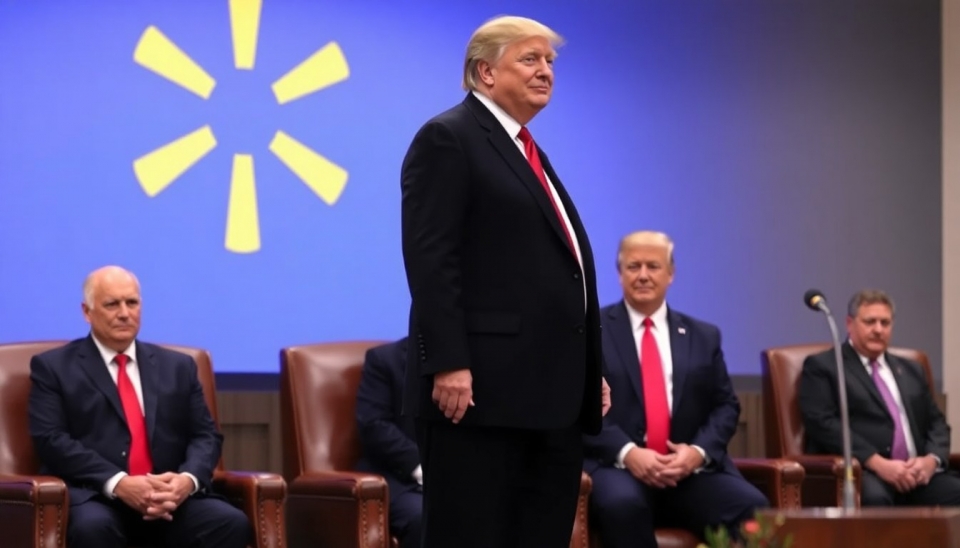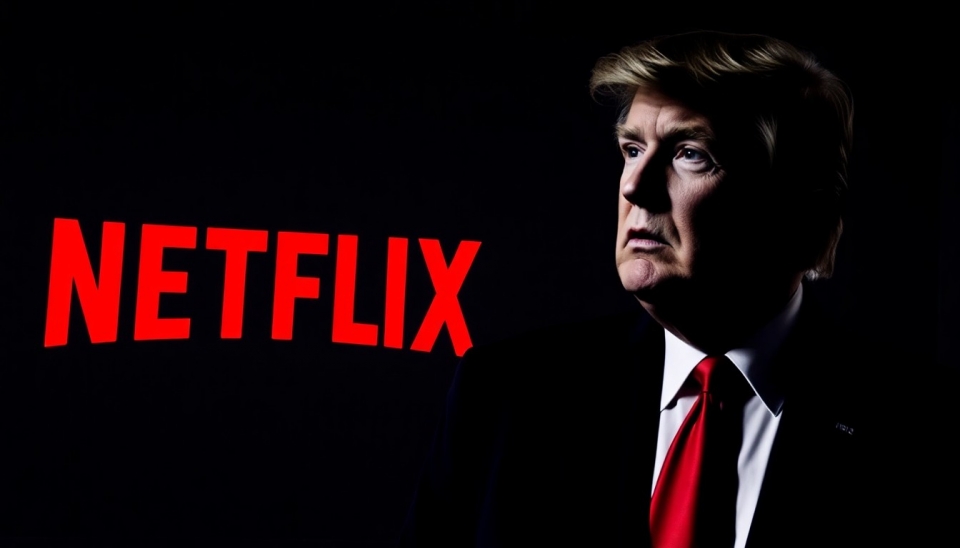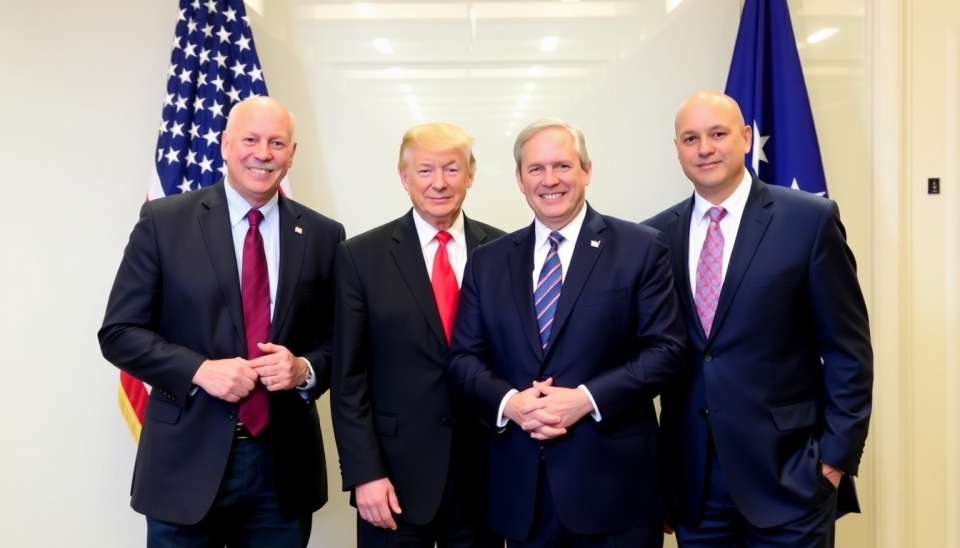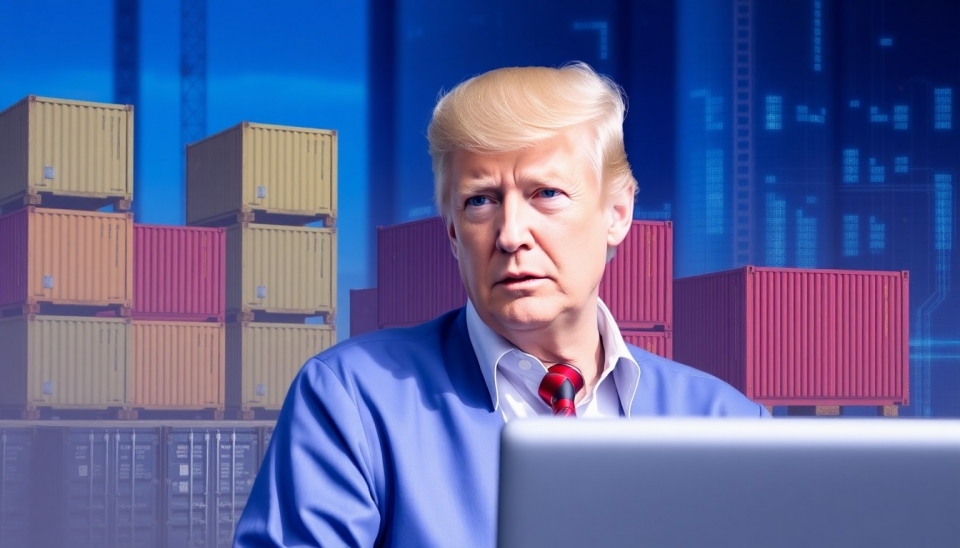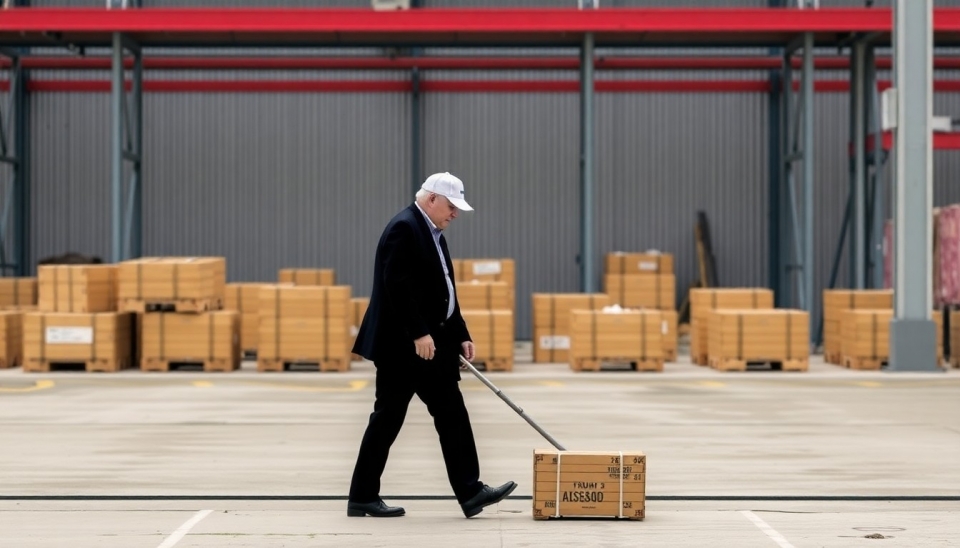Donald Trump and Tariffs: How Taxes Could Fund Tax Reforms

Recent statements by Senator JD Vance, a representative of the Republican Party, have sparked significant interest and discussion in American political circles. Vance stated that potential tariffs on imported goods, introduced by former President Donald Trump, could serve as an important source of funding for planned tax cuts in the future.
The politician noted that the implementation of tariffs on imports would create additional revenue for the government budget. These funds, in his view, could be effectively utilized to support initiatives aimed at reducing taxes, which the Republicans plan to promote. Vance emphasized that the existing tax system needs reform and that such measures could benefit not only businesses but also ordinary citizens.
The senator also noted that the impact of tariffs could help maintain jobs in the U.S. and ensure the competitiveness of the domestic economy relative to foreign markets. Vance believes that responsible tax policy should include measures to support national manufacturing.
Critics of this approach have already expressed concerns that tariffs could lead to increased prices for consumers and negative consequences for international trade relations. However, supporters of the idea are confident that supporting domestic production and creating jobs will justify such measures.
Against the backdrop of ongoing debates about taxation, Vance's new approach opens up new perspectives for Republicans. With his confidence in the need to change the current tax policy, further steps in this direction may be expected ahead of the elections.
It remains unclear how actively Republicans will embrace these ideas, but the presence of such proposals in the political discourse creates additional opportunities for discussing reforms in the tax system.
